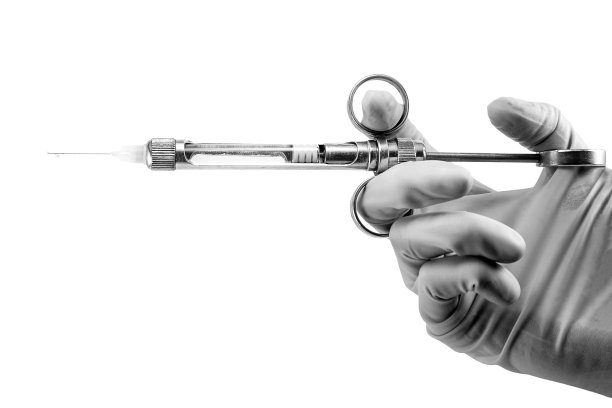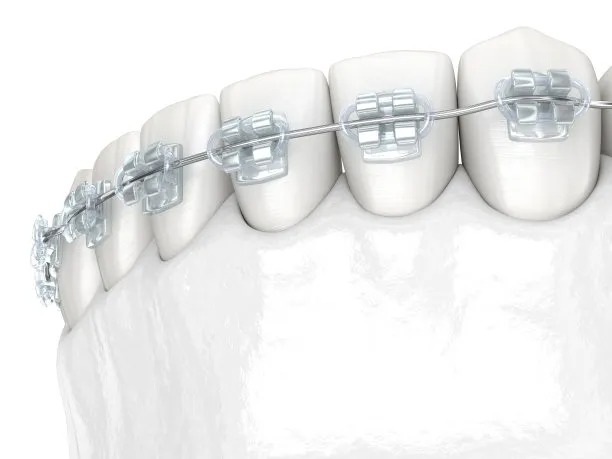Summary: Dental implant surgery is a significant procedure that can restore function and appearance to ones smile. However, careful preparation is essential for optimal recovery and success. This article outlines four essential guidelines to consider before undergoing dental implant surgery: understanding the procedure, selecting the right oral surgeon, knowing about post-operative care, and maintaining good oral hygiene. By adhering to these principles, patients can improve their chances of a successful outcome and a smoother recovery process.
1. Understanding the Dental Implant Procedure

The first step to a successful dental implant surgery is gaining a comprehensive understanding of the procedure itself. Patients should research what dental implants entail, how they are inserted, and the expected duration of the procedure. Knowing that dental implants involve a surgical placement of titanium posts into the jawbone can help set realistic expectations.
Additionally, understanding the different types of implants is crucial. There are endosteal implants which are placed directly into the bone, and subperiosteal implants which sit atop the bone, under the gum tissue. Each type has its advantages and may suit different clinical situations better. Knowing which type is appropriate for individual cases can significantly influence the success rate of the surgery.
Moreover, patients should be informed about the time frame involved in the entire process. From initial consultation to the time when the final crowns are placed, the process can take several months. Having a clear understanding of this timeline can help patients plan accordingly and ensure they are mentally prepared for what lies ahead.
2. Selecting the Right Oral Surgeon
Choosing the right oral surgeon is paramount for the success of dental implant surgery. It’s vital to do thorough research on potential surgeons, starting by checking their credentials and experience with dental implants. Reading patient reviews and testimonials can provide insight into their skills and patient satisfaction levels.
It’s also essential to arrange a consultation with the surgeon. This meeting allows patients to ask questions about their qualifications, the techniques they use, and their success rates. Building a good rapport with the surgeon is important since patients should feel comfortable and confident in their doctors abilities.
Additionally, assessing the surgical facility is crucial. Ensuring that the clinic is clean, well-equipped, and follows proper sterilization protocols can impact the overall safety of the procedure. A transparent discussion about anesthesia options and post-surgery care provided by the facility will give patients further peace of mind.
3. Knowing About Post-Operative Care
Post-operative care is a critical aspect of the recovery period following dental implant surgery. Patients should receive detailed instructions from their surgeon regarding how to care for their implants after the procedure. These guidelines often include pain management, dietary restrictions, and activities to avoid during the healing process.
Implementing effective pain management strategies is crucial. Patients can discuss the use of prescribed medications, over-the-counter pain relief, and natural remedies with their surgeon. Proper pain management helps improve comfort levels, which can positively affect recovery time.
Furthermore, adhering to dietary restrictions will support healing. Soft foods are often recommended in the initial stages, as they help avoid unnecessary strain on the surgical site. Staying hydrated and maintaining a balanced diet can expedite healing and reduce complications related to nutrition deficiency.
4. Maintaining Good Oral Hygiene
Maintaining good oral hygiene is essential both before and after dental implant surgery. Patients should ensure their mouths are healthy prior to the procedure to lower the risk of infection. Brushing, flossing, and using mouthwash regularly will reduce bacterial growth and create an optimal environment for healing post-surgery.
Following the surgery, special attention to oral hygiene is even more critical. Surgeons typically recommend gentle brushing around the surgical site and utilizing antimicrobial mouthwashes to promote healing and prevent infections. Patients should also attend follow-up appointments to ensure everything is progressing correctly.
Additionally, quitting smoking and avoiding alcohol consumption can significantly influence the success rate of the implants. These habits can hinder healing and increase the risk of complications. Implementing a good oral hygiene routine, combined with lifestyle adjustments, promotes a healthy mouth, ultimately leading to a successful implant outcome.
Summary:
In conclusion, understanding the dental implant procedure, selecting a qualified oral surgeon, adhering to post-operative care guidelines, and maintaining good oral hygiene are essential factors that contribute to the success of dental implant surgery. By taking these guidelines into account, patients can optimize their recovery and enhance the longevity of their implants.
This article is compiled by Vickong Dental and the content is for reference only.
Vickong Dental
Vickong Dental is a large medical group established in Hong Kong in 2008 by professors from well-known medical universities in Guangdong and Hong Kong, as well as medical doctors from key national '985' universities (including Master's supervisors and senior professors). The chain of branches brings together expert dentists with PhDs and Master's degrees from Hong Kong and Mainland China, committed to providing high-quality dental treatment.
"Vickong Dental Practices the University Motto of 'Healing and Serving Society,' with a Stable Operation for Sixteen Years. It Has Been honored with Hong Kong Enterprise Leaders's Choice,' and is a Global Trusted Implant Center for the Nobel Implant System. Recommended by Hong Kong Metro Broadcast and Guangdong Television, it Serves Customers from Over Thirty Countries and Regions, Gaining the Trust and Favor of Citizens from the Guangdong-Hong Kong-Macau Greater Bay Area and Surrounding Cities.

Thousands of customers' unanimous praise
The most recognized and highly recommended dental service by customers in the Guangdong-Hong Kong-Macau Greater Bay Area
We Ensure You Receive Detailed Care and Attention Here
Hong Kong standards, Shenzhen prices, Your Trusted English-speaking dentists

Vickong Dental Medical-Grade Instrument Disinfection Process
Vickong Dental Medical-Grade Instrument Disinfection Process

Vickong Dental Chain: A Warm and Comfortable Environment for Treatment






Appointment Hours

Q&A
Why choose Vickong Dental?
Vickong Dental practices the university motto 「Medicine to Benefit Society」, with each branch bringing together highly qualified dentists with doctoral and master’s degrees from Hong Kong and the Mainland, and has maintained seventeen years of steady operation。Recipient of 「2024 Hong Kong Enterprise Leaders Brand」, 「2025 Hong Kong Enterprise Leaders Brand」, a Nobel Biocare Global Trusted Implant Center, and a brand recommended by Metro Radio Hong Kong and Guangdong TV。
To date, we have served customers from more than thirty countries and regions,earning exceptionally high word-of-mouth recognition and trusted recommendations from residents across the Guangdong-Hong Kong-Macao Greater Bay Area and surrounding cities
We have eight major branches in Zhuhai、Shenzhen,and a consultation and service assurance center in Hong Kong,so you can book a free consultation at any time for any questions,which is very reassuring.
If I do not accept the quotation after the CT scan, will I be charged??
No! As long as the actual treatment has not started, you will not be charged any fees.
Will there be any additional charges during the treatment process?
No, there won’t be any additional charges. Before treatment begins, we will clearly explain the treatment plan and its corresponding fees. Only after the patient agrees and signs the consent form will we proceed with the dental service.
Can I pay in Hong Kong dollars?
Yes. Vickong Dental accepts payment in Hong Kong dollars. The amount will be converted based on the exchange rate of the day, and the applicable rate will be clearly communicated to you in advance.
Can I reschedule my appointment at any time?
Yes. Please contact us via **WeChat** or **WhatsApp** as early as possible, providing your original appointment time and details, along with your preferred new date and time slot for rescheduling.













